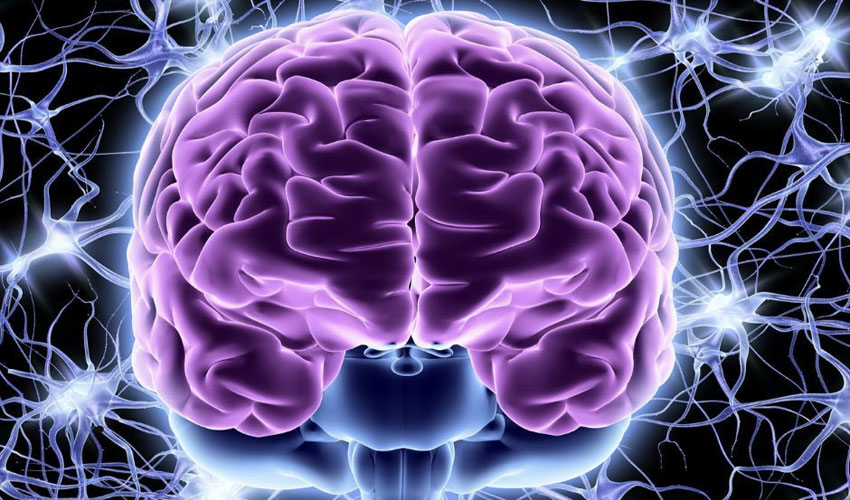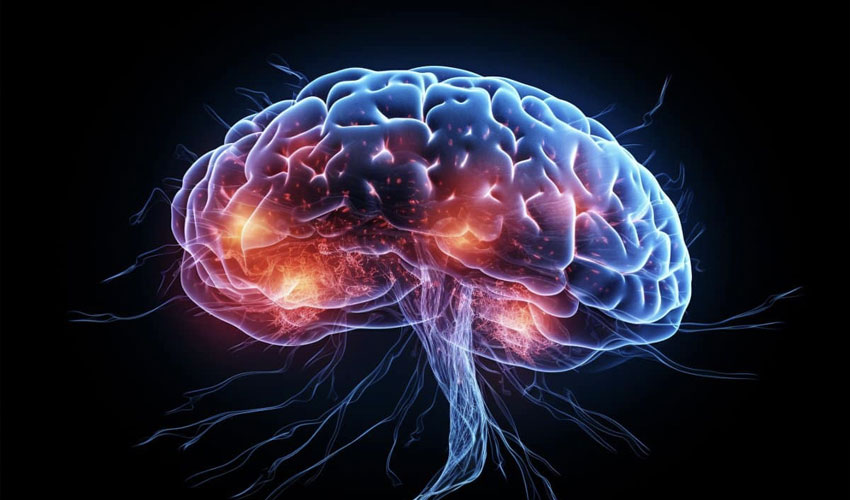Addiction is a formidable adversary, impacting millions worldwide and wreaking havoc on individuals, families, and communities. Yet, hope remains in the form of neuroplasticity—the brain’s remarkable ability to adapt and rewire itself. Neuroplasticity, the brain’s ability to reorganize and form new neural connections, plays a crucial role in addiction recovery, facilitating the rewiring necessary for lasting change and sobriety.
How Addiction Rewrites the Brain
At its core, addiction alters the brain’s fundamental circuitry, hijacking systems responsible for pleasure, motivation, and decision-making. Substance abuse trigger the release of neurotransmitters like dopamine, flooding the brain with euphoria. With repeated exposure, the brain undergoes structural and chemical changes, prioritizing the addictive substance or behaviour above all else. This rewiring diminishes cognitive control, amplifies cravings, and perpetuates the cycle of addiction, making it a formidable foe to overcome.
Stages of Rewiring
1. Detoxification and Withdrawal
The initial phase of recovery involves cleansing the body of the addictive substance and enduring withdrawal symptoms. This period, while physically and emotionally taxing, marks the first step towards rebalancing brain chemistry and reclaiming control.
2. Cognitive Restructuring
With sobriety comes the opportunity to reevaluate thought patterns and beliefs surrounding addiction. Cognitive-behavioral therapy (CBT), mindfulness practices, and education about the neurobiology of addiction aid in reshaping perspectives and fostering healthier coping mechanisms.
3. Rebuilding Neural Pathways
As the brain adapts to life without the addictive substance, neural pathways associated with reward and decision-making undergo significant remodeling. Engaging in positive activities, establishing supportive relationships, and pursuing meaningful goals facilitate the formation of new, addiction-resistant connections.

How Long to Rewire the Brain from Addiction:
The timeline for rewiring the brain from addiction is multifaceted, influenced by numerous factors including the duration and intensity of addiction, genetic predispositions, and environmental influences. While initial changes may be noticeable within weeks to months of abstinence, achieving sustained recovery often requires years of dedicated effort and ongoing support. It’s important to recognize that recovery is not a linear process—relapses may occur, but each setback presents an opportunity for growth and renewed commitment to sobriety.
Strategies for Lasting Change:
Holistic Approach
Addressing addiction comprehensively involves addressing physical, psychological, and social aspects of well-being. Incorporating healthy habits such as regular exercise, nutritious diet, and adequate sleep supports overall recovery efforts.
Support Systems
Building a strong support network comprising peers, family, therapists, and support groups provides invaluable encouragement and accountability throughout the recovery journey. Connecting with others who understand the challenges of addiction fosters a sense of belonging and reduces feelings of isolation.
Rewiring the brain from addiction is a nuanced process that requires patience, perseverance, and a willingness to embrace change. By understanding the intricacies of addiction and employing evidence-based strategies for recovery, individuals can reclaim their lives and forge a path towards lasting sobriety. Remember, the journey may be arduous, but the destination—freedom from addiction—is immeasurably rewarding.
Frequently Asked Questions
Q1. What is neuroplasticity, and how does it relate to addiction?
Neuroplasticity refers to the brain’s ability to reorganize and form new neural connections throughout life. In addiction, neuroplasticity plays a key role in rewiring the brain to overcome dependency.
Q2. How does addiction affect neuroplasticity?
Addiction can alter neuroplasticity by reinforcing addictive behaviours and diminishing the brain’s ability to regulate impulses and cravings. However, with intervention and treatment, neuroplasticity can be harnessed to promote recovery.
Q3. How long does it take for the brain to rewire from addiction?
The duration of brain rewiring varies depending on factors such as the type and severity of addiction, individual biology, and treatment approach. Significant changes may be observed within weeks to months of sobriety, but full recovery may take years.
Q4. What role does therapy play in leveraging neuroplasticity for addiction recovery?
Therapeutic interventions, such as cognitive-behavioural therapy (CBT) and mindfulness practices, help reshape neural pathways associated with addiction. By promoting healthier thought patterns and coping mechanisms, therapy facilitates lasting neuroplastic changes.
Q5. Can neuroplasticity help prevent relapse?
Yes, by fostering new, addiction-resistant neural connections, neuroplasticity can reduce the likelihood of relapse. Continued engagement in supportive activities and behaviours that reinforce sobriety further strengthens these connections, promoting long-term recovery.

